Joe and I happened to come in to sheep farming and I use the term “Farming” loosely. We bought this property about six years ago and bought these sheep off of craigslist in 2015. That is right, we bought this flock of sheep off of craigslist.
Hindsight not the smartest move but three out of the four sheep are still with us and two have been excellent breeders. We had this fence in the back pasture that needed moderate mending and with a bit of labor it was ready to go for animals. My dad always raises beef cattle so that did not make much sense for us to take on and we had a separate pen ready for pigs some day. We decided hey we love lamb! Let’s raise some! We scrolled around for breeds and I found these four on Craigslist. I did some research on the breed (Icelandic Sheep) and found a bounty of information including a super helpful facebook group dedicated to Icelandic Sheep Breeders. We went to the house and found that they were being kept on a small lot not suitable for a flock larger than 2 or 3 sheep. We said we had to think about it and went and grabbed a burger before deciding that we wanted them. We went home threw a tarp in the back of the explorer and headed to put four lambs in our explorer.
Icelandics are a smaller breed of sheep and are known for their triple threat. They are good for wool, meat and milk. To be honest we have not done any of those with them. They are glorified lawn mowers at our house but we just love having them around. They are sweet animals and other than a few routine items are pretty low maintenance. Here are some of the answers to the questions you asked via instagram.
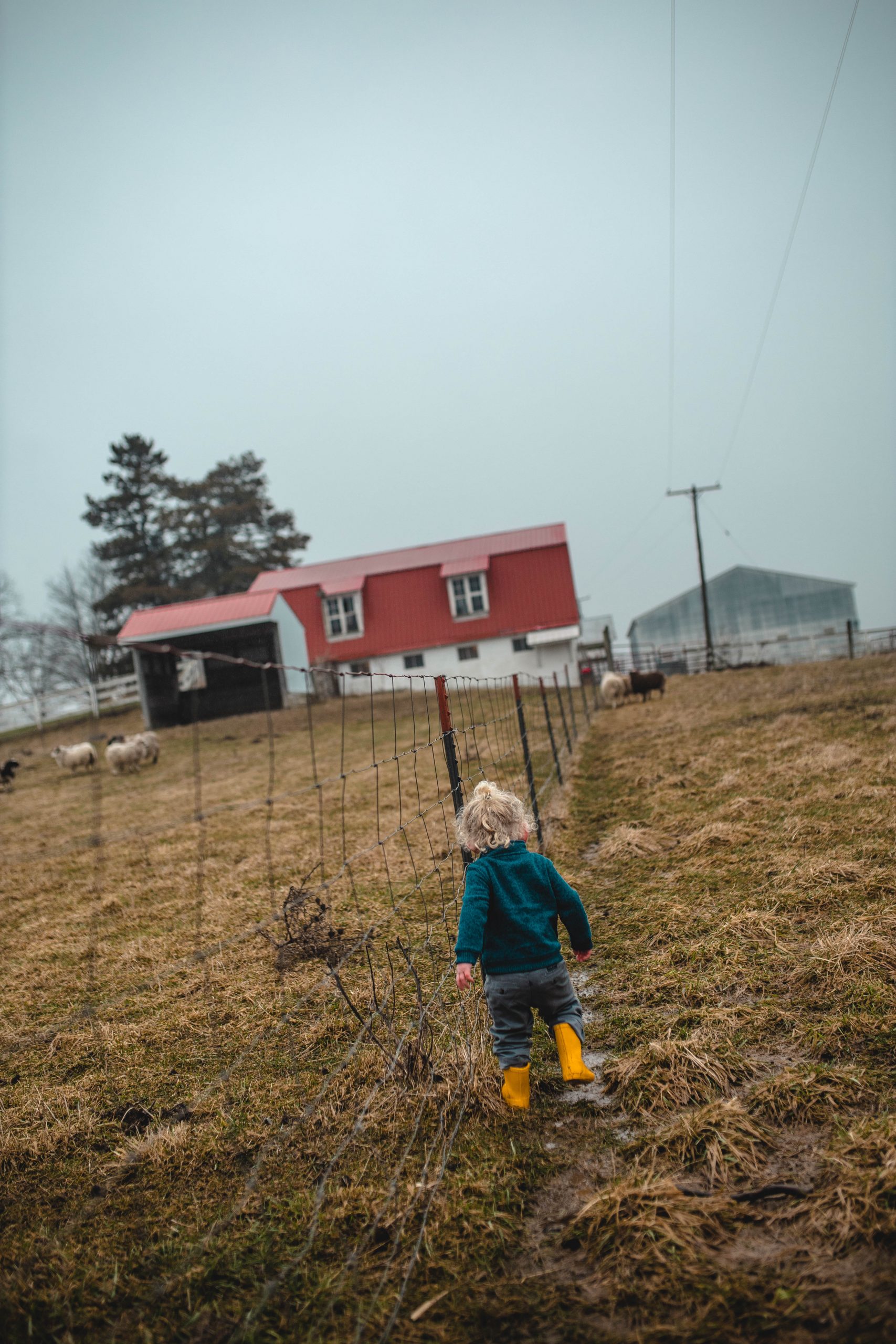
- How do you shear them? We have them sheared twice a year by a friend Timothy. He actually competes in sheep shearing competitions! We met him at a demonstration he did at a local cider place that houses our sheeps relatives. He comes to our farm and can shear all 11 of our sheep within 3o minutes. Joe and I tried it twice but there was a moment when I was 7 months pregnant holding a ram’s legs down so Joe could shave the wool off around it’s balls that I was like… Maybe we should hire someone for this. It was very aggressive but that’s showbiz baby. We haven’t done anything with the wool because our sheep graze out in the pasture and we have not completely eliminated the burr issue that they all seem to get caught in their fur.
- What happened to your Rams? We currently have three rams that are not suitable for breeding because they are too close in lineage to our ewes. Technically we could breed them with one line but we have decided to give ourselves a break from lambing season this year to maintain the size of our flock. We have lost three breeding rams in the past, Stan our very first ram, Stewart and Earl Gray. When Stan died it was our very first big loss on the farm. He was the sweetest sheep and had been healthy right up until he wasn’t. The thing with sheep is they are prey animals and will not act sick because they wouldn’t want to get picked off by a predator so it’s hard to detect things early on. We had a vet come out and examine him after he passed and she couldn’t find anything immediately wrong. Sheep are susceptible to parasites so we “drenched them” all, cleaned the stalls and carried on. When our second ram fell ill and passed away we had the vet come out again and then had a team from MSU come and search our field for something that could potentially be toxic to sheep (Nightwood) and nothing was found. Finally after Earl Gray passed (name based on his package and gray coat) we had a team come out and analyze the situation. Why are none of the ewes getting sick just the rams? Well the short version is they were basically sexing themselves to death. Yea you read that right. They would breed breed breed then get very aggressive and possessive and hungry, over eat, bloat and die. Since we have learned this we keep them completely separated during breeding season and ration the food / oats more close and so far the problem has been solved. Our current three rams are in limbo. We are either going to sell them off or eat them… at least that is the goal.
- Have you had any issues with lambing? Yes. We have never had to (thank God) assist in the birthing process (Icelandic Sheep are known for having smaller lambs which makes the natural birth process easier). But we have had a few situations. Early on in our breeding we had a yearling get pregnant which led to a stillborn lamb. When Betty our best breeder had triplets her first year she refused to take care of the white and brown spotted sheep and only the two fully brown sheep. We luckily caught it early on and were able to get the white and brown spotted sheep her nutrients and bottle fed her until she moved to Liz and Jose’s farm. (She’s now known as Grace). We also had Bab’s (the all black sheep) get a clogged nipple. The vet came and showed me how to unclog it (what a pleasant process) and we were able to get her to feed her twins that lambing season. We hoped it was a fluke and bred her again but had the same issue and unfortunately her twins did not get the nourishment they needed right away and passed away. We have since not bred babs again. When sheep are born it is imperative that they get the colostrum from their mom’s right away. There is little chance of survival if they are not able to get that within the first hour of their birth. If they cannot get it from their mom there is a supplement that you can have on hand for it. Before lambing season starts there are a few things you should have on hand, peroxide, gloves, rubber nipples, clean bottles, booster (looks like blue powder you mix with water), milk supplement in case they cannot drink from their mother and colostrum supplement.
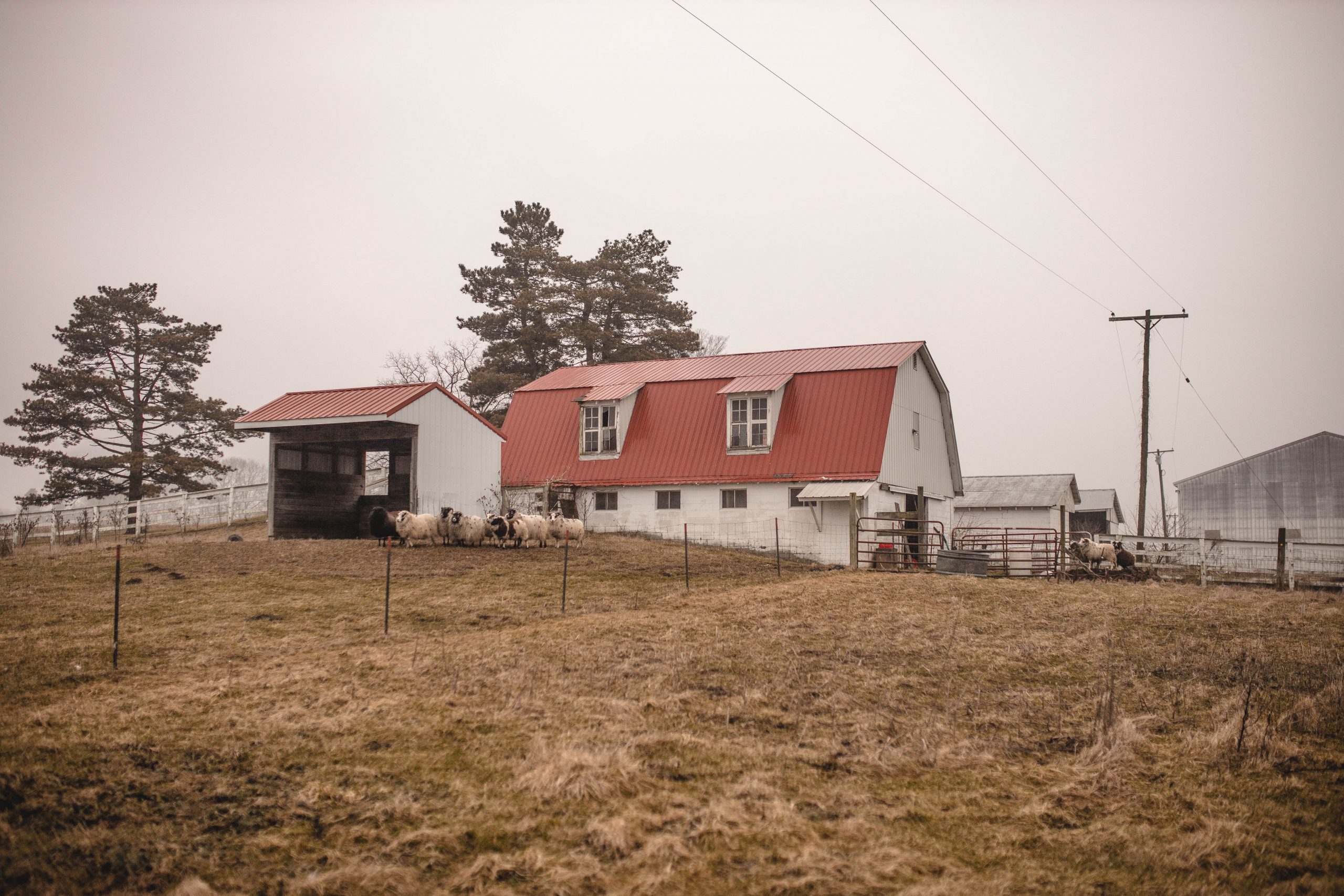
- How much time do sheep take? On a day to day basis sheep take very little time and maintenance. Basically making sure they have adequate hay and water in the winter and that the entrance to the barn is open. We are able to leave them for a few days at a time if we have all those things set in place. On an annual schedule though you have to drench them (removes worms and other parasites that might have been picked up from the field), we deep clean the barn two times a year and have a vet come out once a year to do a flock and field check. Timothy also comes twice a year to shear the sheep otherwise that is something we have to do as well.
- Are you going to have lambs this year? This year we are taking a break to keep our flock a decent size and also because we will not be home a lot during lambing season. It was really stressful with previous travel schedules to worry about lambs being born while we were gone (typically lambs can come anytime February – May dependent on when they were bred) so this year we are taking a break. It’s not good to do this more than one year at a time so we will have lambs again in 2021.
- Are you going to introduce another breed of sheep? At this time we are going to stick with the Icelandic breed because they have been such great, gentle sheep to care for. We have talked about in the future adding a few larger meat varieties of lamb but for now we’re going to keep going with the Icelandics.
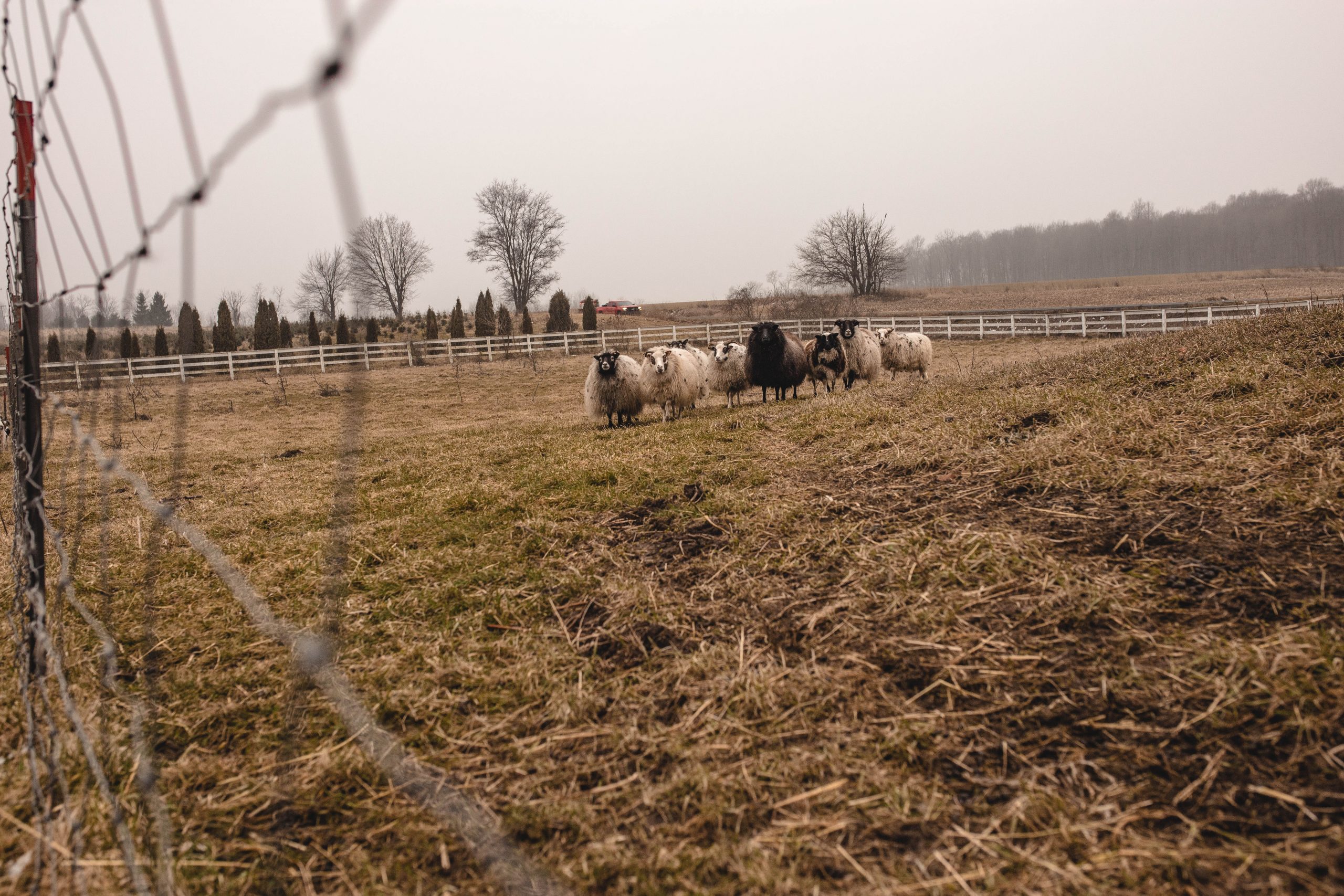
If you are looking for a great introductory farm animal I would highly recommend sheep. They are sweet animals and easy to care for. There are many references out there for growing and maintaining a healthy flock. Other than the situations listed above in the last five years we have had no other issues. Losses are a part of farm life but you have to be smart and continue to problem solve and trouble shoot. That is the case with any farm animal.
I am excited to continue to show you more of farm life as we inch our way to spring! We are hoping to build a new chicken coop and potentially getting new pigs. Stay tuned.
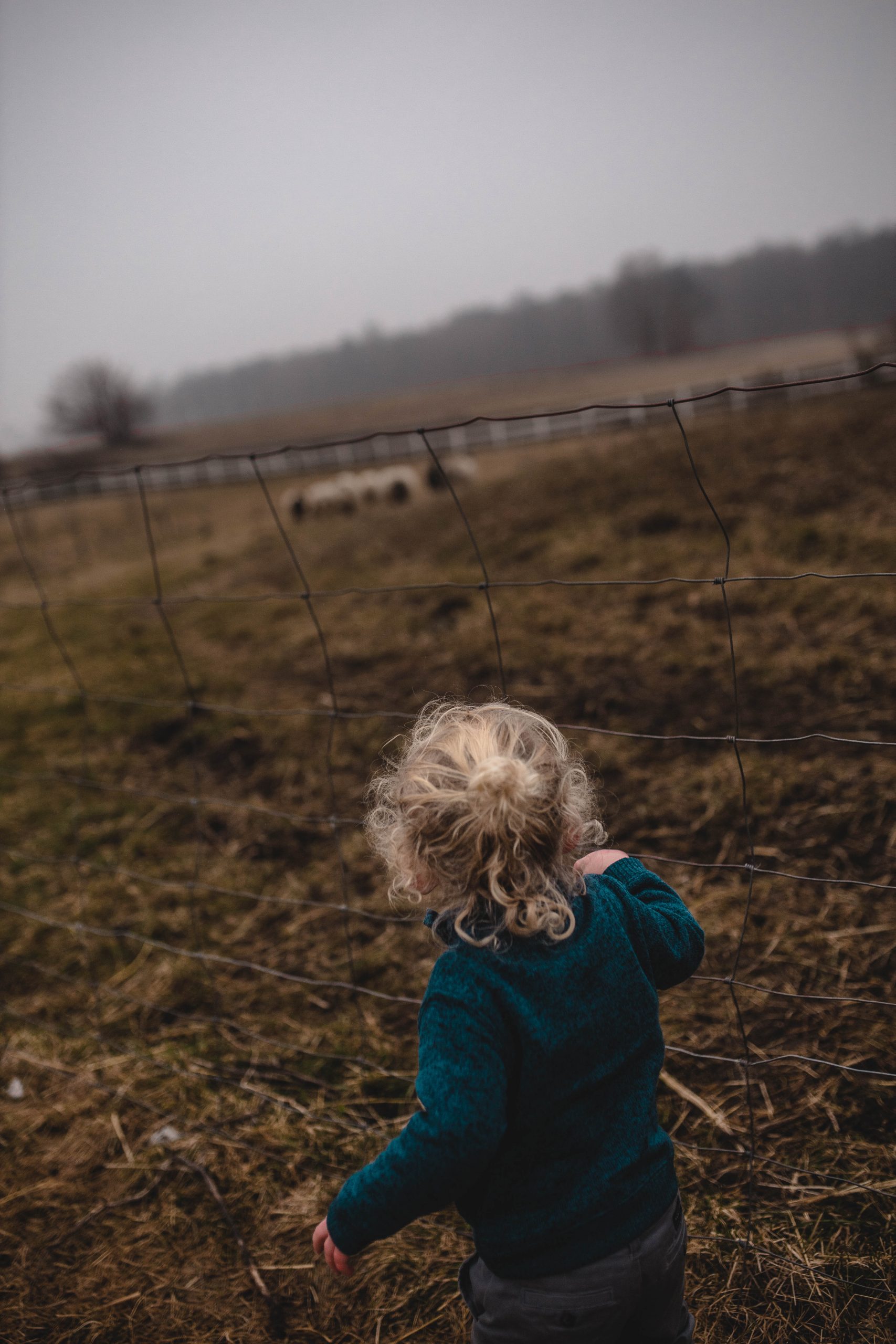
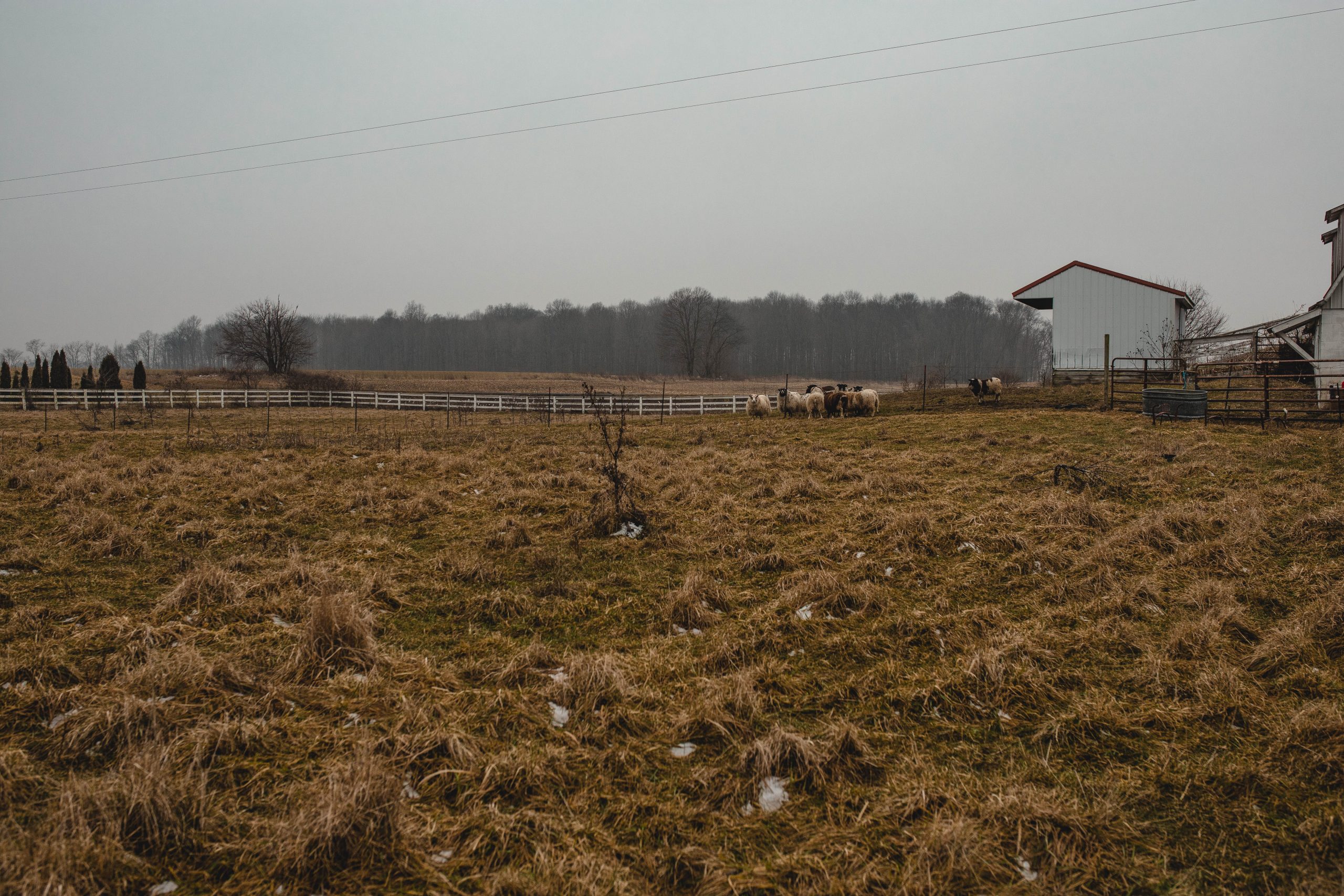
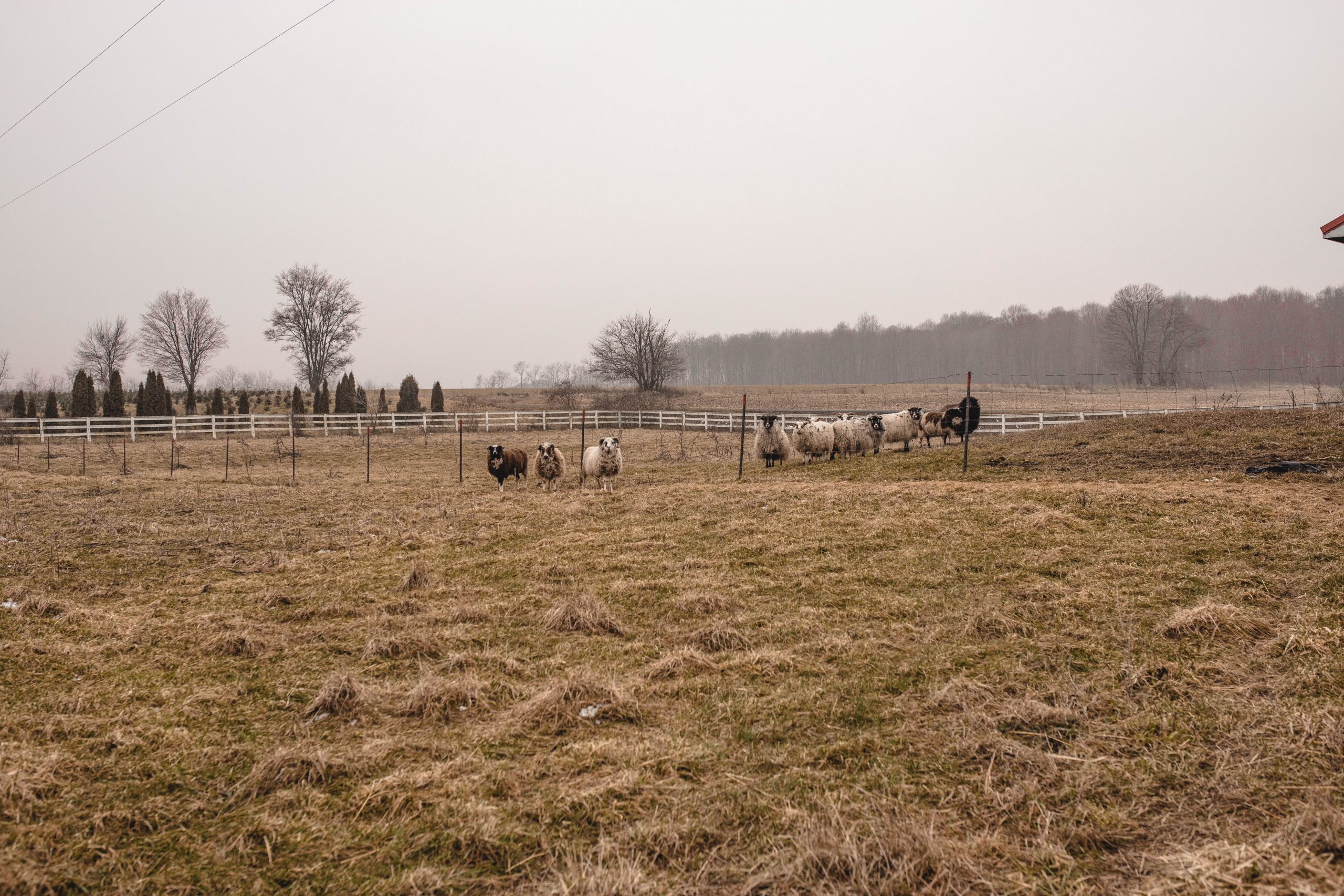
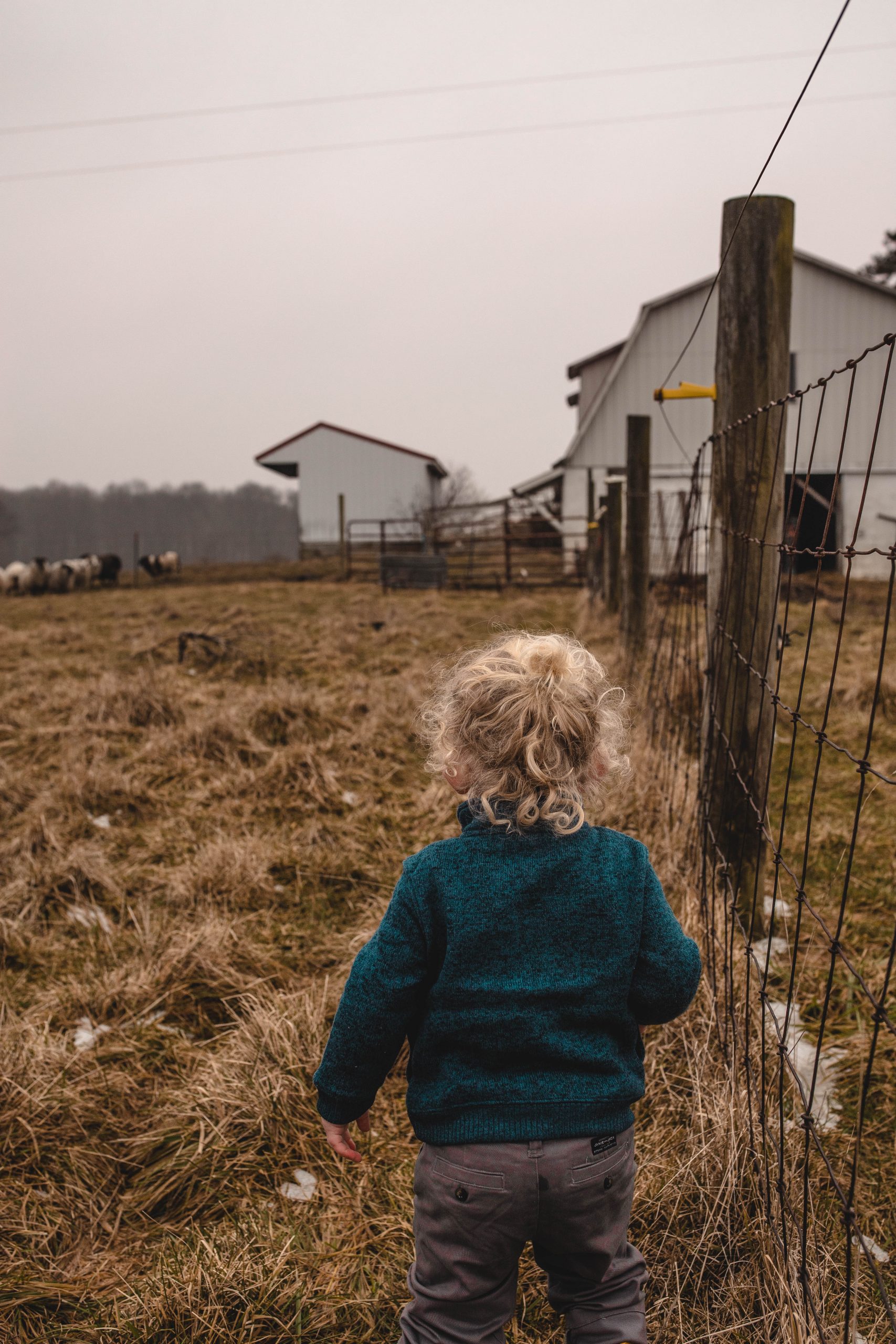
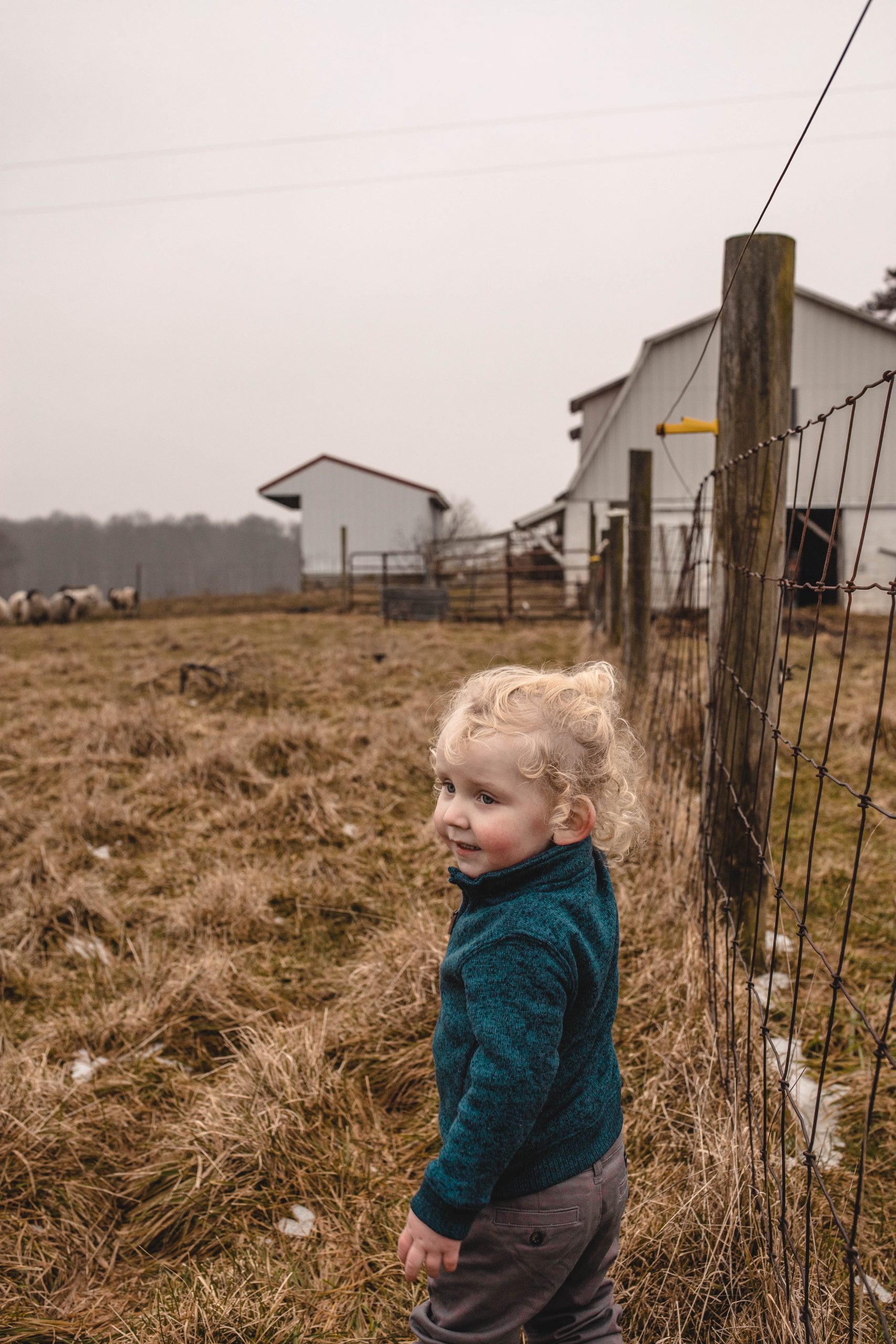
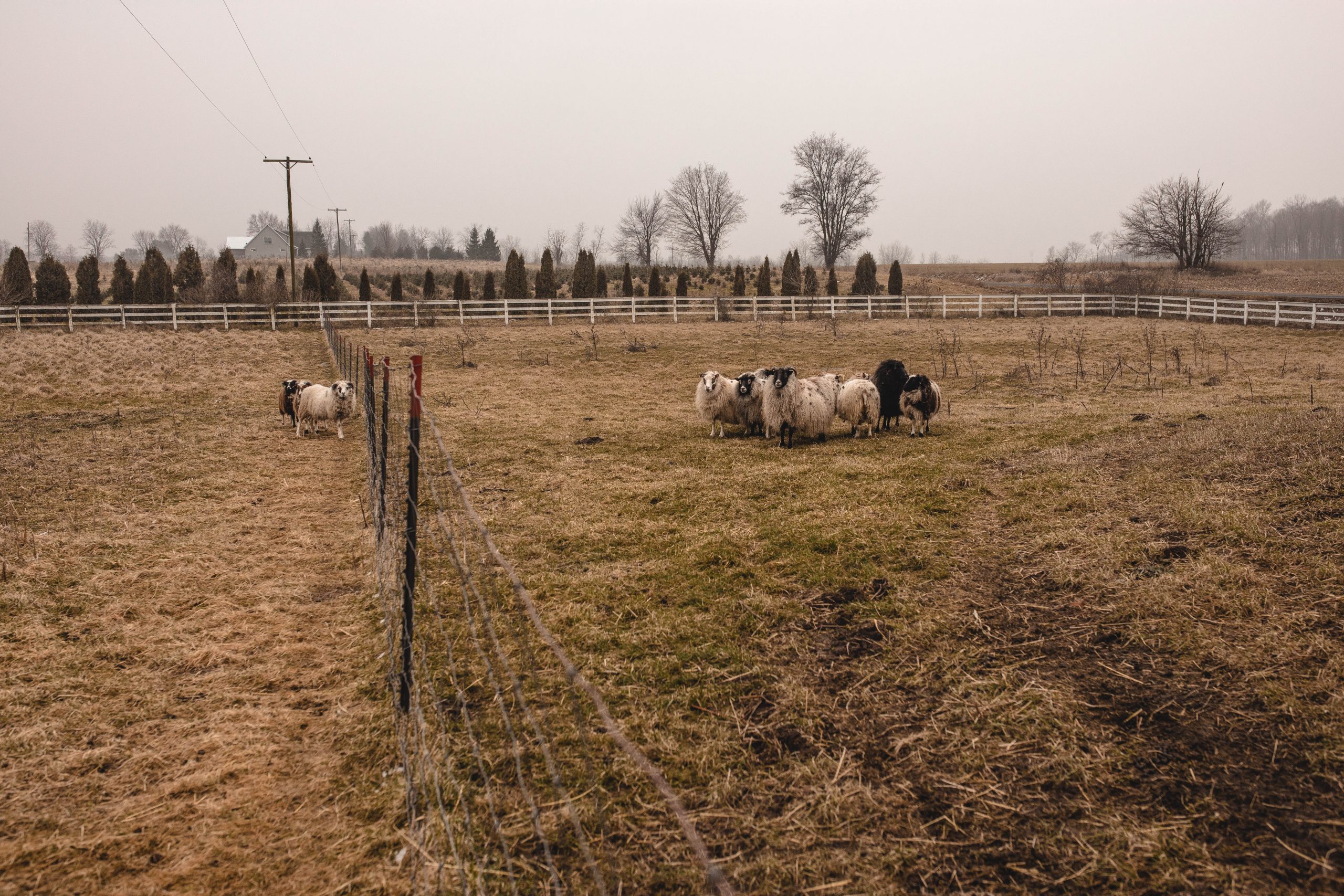

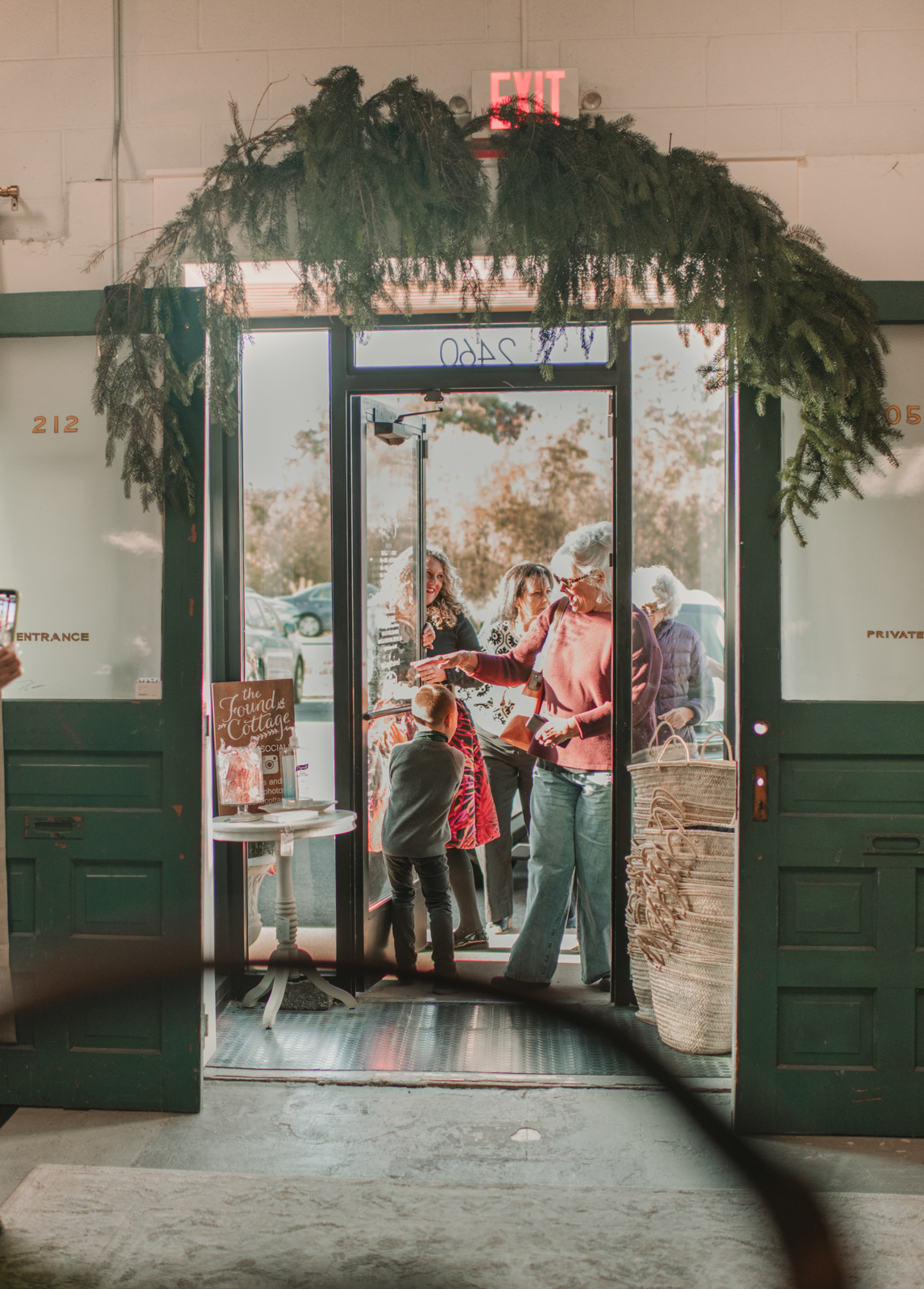

Oh my gosh! They are the sweetest and I want one so badly!!!!
They’re brats sometimes lol but they’re so cute!
Yess!! I live in Chicago with zero possibility of raising sheep, but this was one of the things I was most curious about. Sincere thanks for taking the time to document it!
my pleasure!